
I really really don’t know what to think of this one. On one hand, the way this, highly anticipated, series-ender wraps up is annoying as all hell, but on the other hand, it is probably one of the most realistic resolutions to such a fantastic series of untenable situations I have read in a very long time.
Let’s go back to the beginning of the story to summarize how we arrive at The Atlas Complex.
Atlas Blakely is the caretaker of an elite organization known as the Alexandrian Society. Under his care, six of the most talented and hardcore magical academicians in the world are brought in to be considered for initiation. During this time (through The Atlas Six and The Atlas Paradox), alliances are formed, broken, re-formed, and severely tested. Secrets come out related to each of the six (and a few more), and more and more information is discovered about the Alexandrian Society as a whole.
Shit gets really real, and every indicator generally points towards a significant denouement in book three.
Well, here we are at book three and the story starts to twist and turn into something that seems right in alignment with what the reader had been expecting from the previous two books: and then just flat out fizzles.
Like I said at the beginning, this could either be the most intentional setup for reflecting the actual nature of humanity in that nothing really happens given the extreme situations our characters are put in, or it could have just been a happy accident due to a plot that spiraled out of focus.
I have all respect for Ms. Blake’s ability to world-build and weave together multiple story lines, so I really didn’t see myself coming to the end of this series really not giving a damn about what was going to happen to any of characters. And I mean any of them. There are “mysterious” disappearances that seem like convenient rugs to sweep inconsistencies under, and there is a general apathy writ large, that makes me really want to re-evaluate my feelings about the previous two books.
There was a ton of potential energy built up in the first two-thirds of this massive story that I waited to be converted to kinetic, but it just didn’t ever happen. The balloon deflated in a sad “poof” and the reader was left holding a dead piece of limp rubber.
Yes, I definitely needed to read this book to get some closure on some dynamic characters I’ve enjoyed over the past couple of years, but I really really wish they’d been given the opportunity to make a better choice than the seemingly overwhelming “I don’t care.” that trended in the last parts of the book.


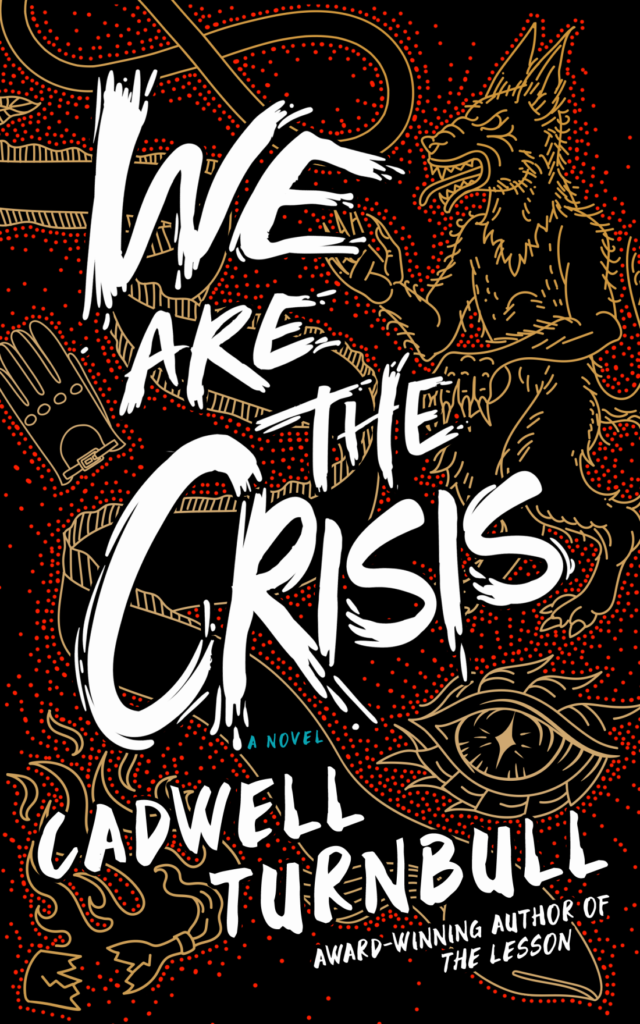

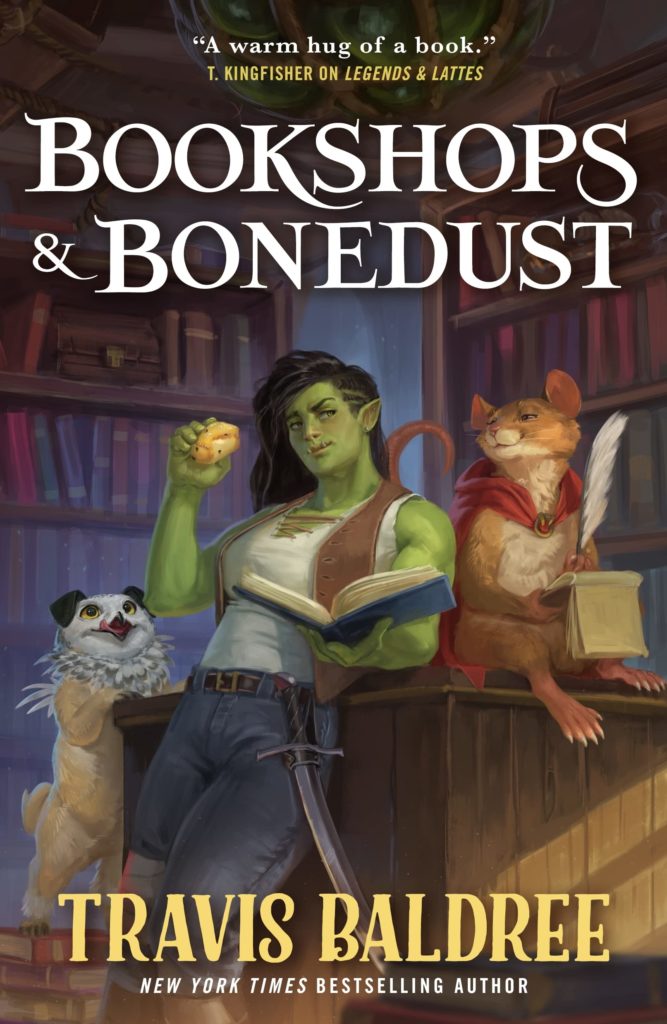
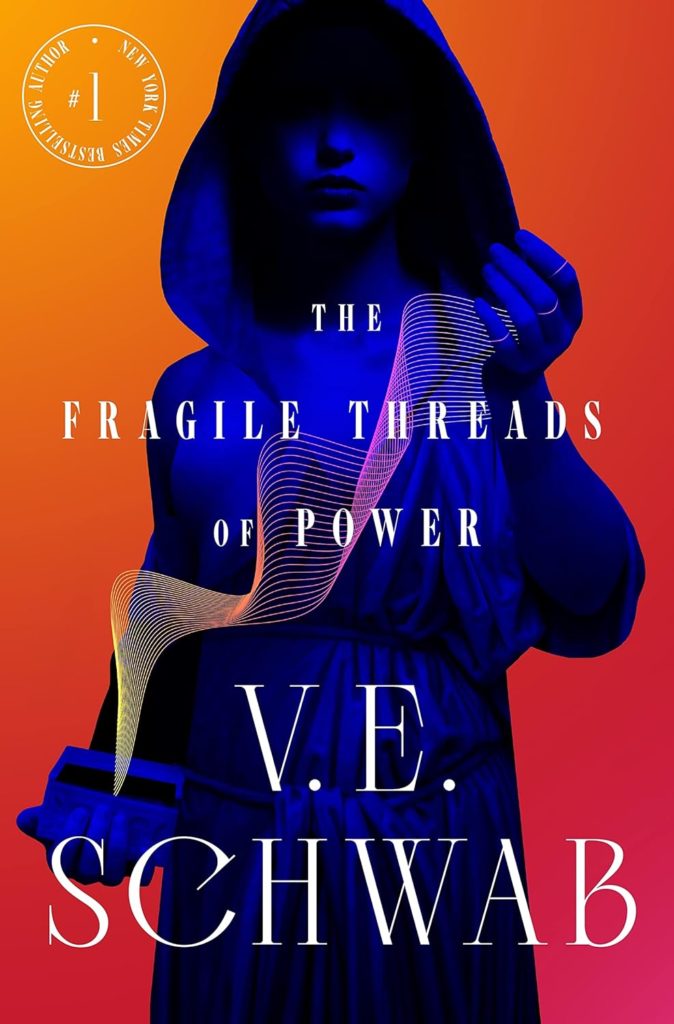
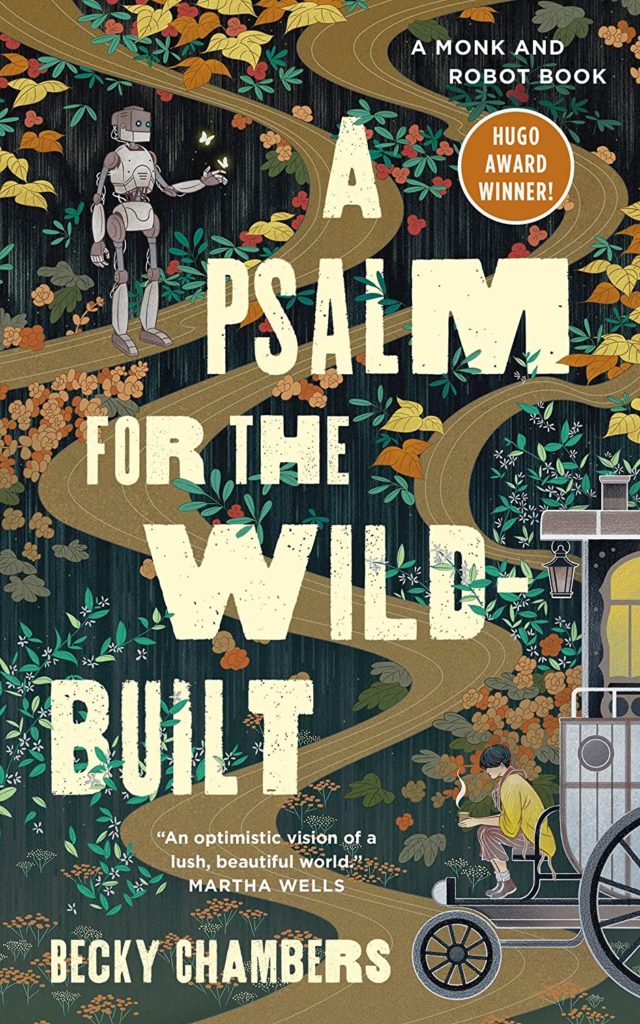
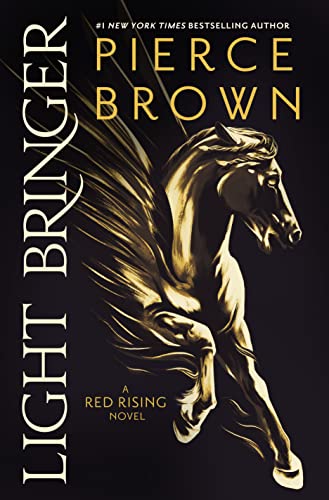


Recent Comments